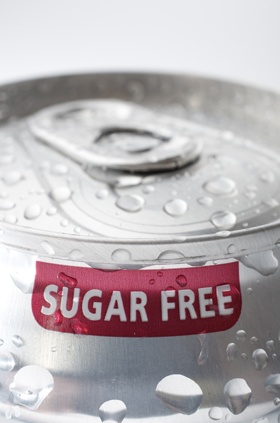When you break or lose a tooth, you may be a candidate for a bridge. This form of restorative dentistry comes in the form of an artificial tooth structure that is held in place by a pair of crowns installed on the two adjacent teeth. It is an effective solution for many dental problems, but it can pose its own set of challenges in terms of your daily dental care. So, how can you best take care of your bridge after it is installed?
It becomes particularly important to avoid tooth decay around your bridgework. Since the bridge is supported by the natural tooth structure of your adjacent teeth, any weakness in this structure can lead to a breakdown in the entire bridge. For the most part, you’ll be able to take care of your teeth as normal. However, it will be impossible to floss inside your bridge with conventional floss; you will therefore need a product known as a floss threader to avoid any decay in your hard-to-reach areas.
When you get a bridge installed by our Bellingham dentist, it should last you as much as fifteen years or more. This is only going to be true, though, if it is properly maintained. Talk to your dentist to learn more.

 Everybody knows that drinking soda is unhealthy for your teeth and gums. All of the sugar in sodas create a feeding frenzy for your oral bacteria, fostering cavities and gingivitis. Knowing this, there are many people who try to dodge this bullet by opting for only sugar-free sodas. But is this really the fix that they think it is? The answer may surprise you.
Everybody knows that drinking soda is unhealthy for your teeth and gums. All of the sugar in sodas create a feeding frenzy for your oral bacteria, fostering cavities and gingivitis. Knowing this, there are many people who try to dodge this bullet by opting for only sugar-free sodas. But is this really the fix that they think it is? The answer may surprise you. Green tea is a great way to enjoy many strong health benefits. If you’re a regular tea-drinker, you’re probably already aware of the way green tea protects the cells of your body from aging and disease. However, many people are not aware that the same tea can also help you foster a strong, healthy mouth.
Green tea is a great way to enjoy many strong health benefits. If you’re a regular tea-drinker, you’re probably already aware of the way green tea protects the cells of your body from aging and disease. However, many people are not aware that the same tea can also help you foster a strong, healthy mouth. Recently, a team at the Okayama University Graduate School of Medicine, Dentistry, and Pharmaceutical Sciences took a look at the dental habits of eight hundred men and women.
Recently, a team at the Okayama University Graduate School of Medicine, Dentistry, and Pharmaceutical Sciences took a look at the dental habits of eight hundred men and women.